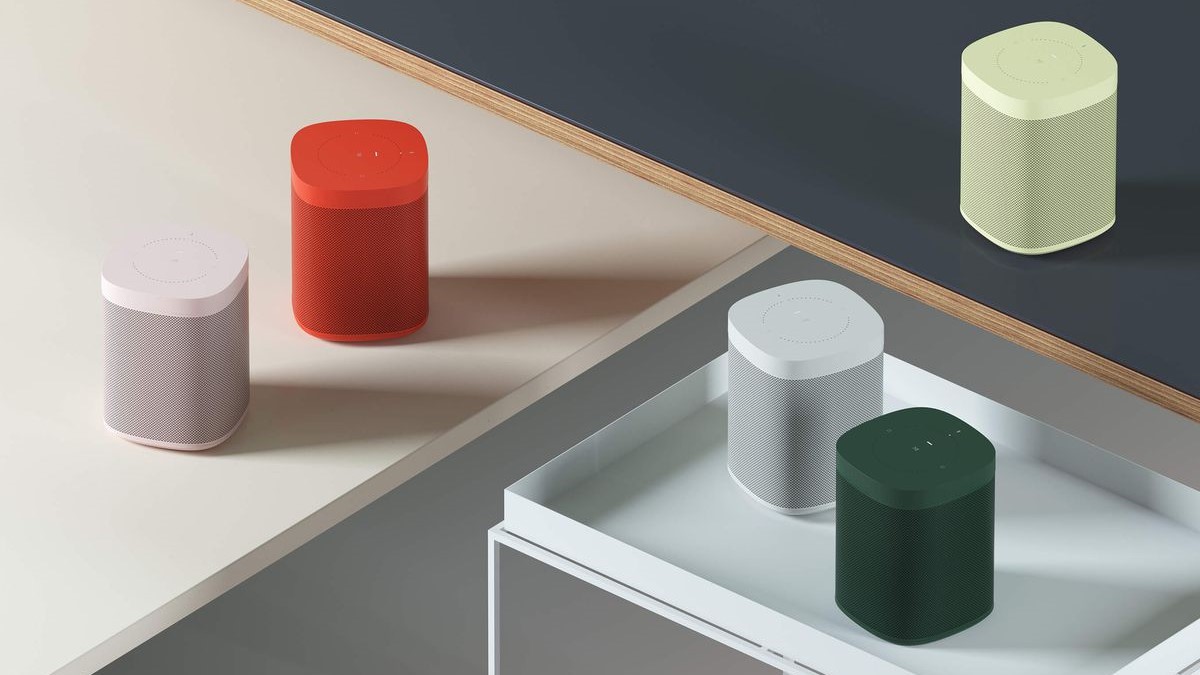Sonos wins patent lawsuit against Google – here's what it means for you
US Import bans and software workarounds

Almost exactly two years ago, Sonos sued Google over patent infringements regarding multi-room speaker technology. Today, the US International Trade Commission (ITC) has ruled in favor of Sonos, imposing an import ban on a number of Google's hardware products – Nest, Pixel and Chromecast among them – as reported by The New York Times.
Google responded to the ruling by rolling out a number of software changes and tweaks that circumvent the patent-infringing technology in question – a measure which the tech giant believes will not impact its ability to import and sell its products.
What's been stolen?
Sonos made a name for itself with its innovative multi-room speaker technology, allowing a network of speakers throughout a house to communicate with each other intelligently and be centrally controlled via a smart device.
Sonos claimed that Google stole key elements of this technology after a partnership back in 2013, and had since used its massive scale to produce competing products that undercut those of Sonos.
Specifically, there are five patents that were alleged to have been infringed upon, and the ITC has ruled in favor of Sonos for all five. They include the ability to adjust the volume of multiple devices at once on the same network, the synchronization of multiple devices on a network, and the initial setup of such devices.
How does this affect me?
Firstly, the import ban proposed by the ITC is only for Google hardware products being imported into the US, and the Commission has given the tech giant 60 days to comply before the ban takes place.
Well before that deadline arrives, we expect Google to roll out software updates that implement workarounds to avoid infringing on these five patents, thus negating the import ban. In fact, according to a Google spokesperson speaking with The Verge, the ITC has already approved these measures.
Sign up for breaking news, reviews, opinion, top tech deals, and more.
In reality, this means we're unlikely to see these import bans taking effect and, unless you're a user that was utilizing the specific features that the patents cover, you're unlikely to notice any change at all.
Google has already implemented some of these workarounds for volume adjustment and initial network setup. For smart home devices and speakers, users will need to adjust individual volumes of all units in a Speaker Group separately (whether it be by voice or app control).
On top of that, "a small set of users will need to use the ‘Device Utility app’ (DUA) to complete product installation and updates". It's not clear which users this will affect, but presumably it would be customers buying a brand new but not-yet updated Google smart home device and should only be an issue upon initial setup of the device.
For now, the impact of this landmark patent case won't be too drastic on Google device users, but the precedent that it sets may well impact the price and design of future products from the tech giant.
